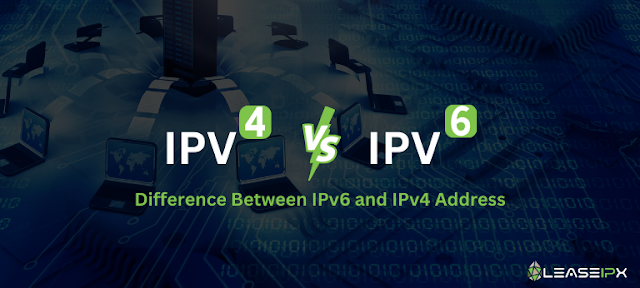All About Shared IP Address - LeaseIPx

In the world of computer networking, an IP address is a unique numerical identifier assigned to each device connected to a network. An IP address is essential for enabling communication between devices and identifying individual devices on a network. However, in some situations, multiple devices may share the same IP address. This is known as a shared IP address. In this blog post, we will explore what a shared IP address is, how it works, and the advantages and disadvantages of using one. What is a Shared IP Address? A Shared IP Address is an IP address that is used by multiple devices simultaneously. In a shared IP environment, several devices are assigned the same IP address, and network traffic is routed to the correct device based on information in the packet headers. How does a Shared IP Address work? When multiple devices share an IP address, the network router must use a technique called Network Address Translation (NAT) to translate the private IP addresses of the devices to t...




.png)
